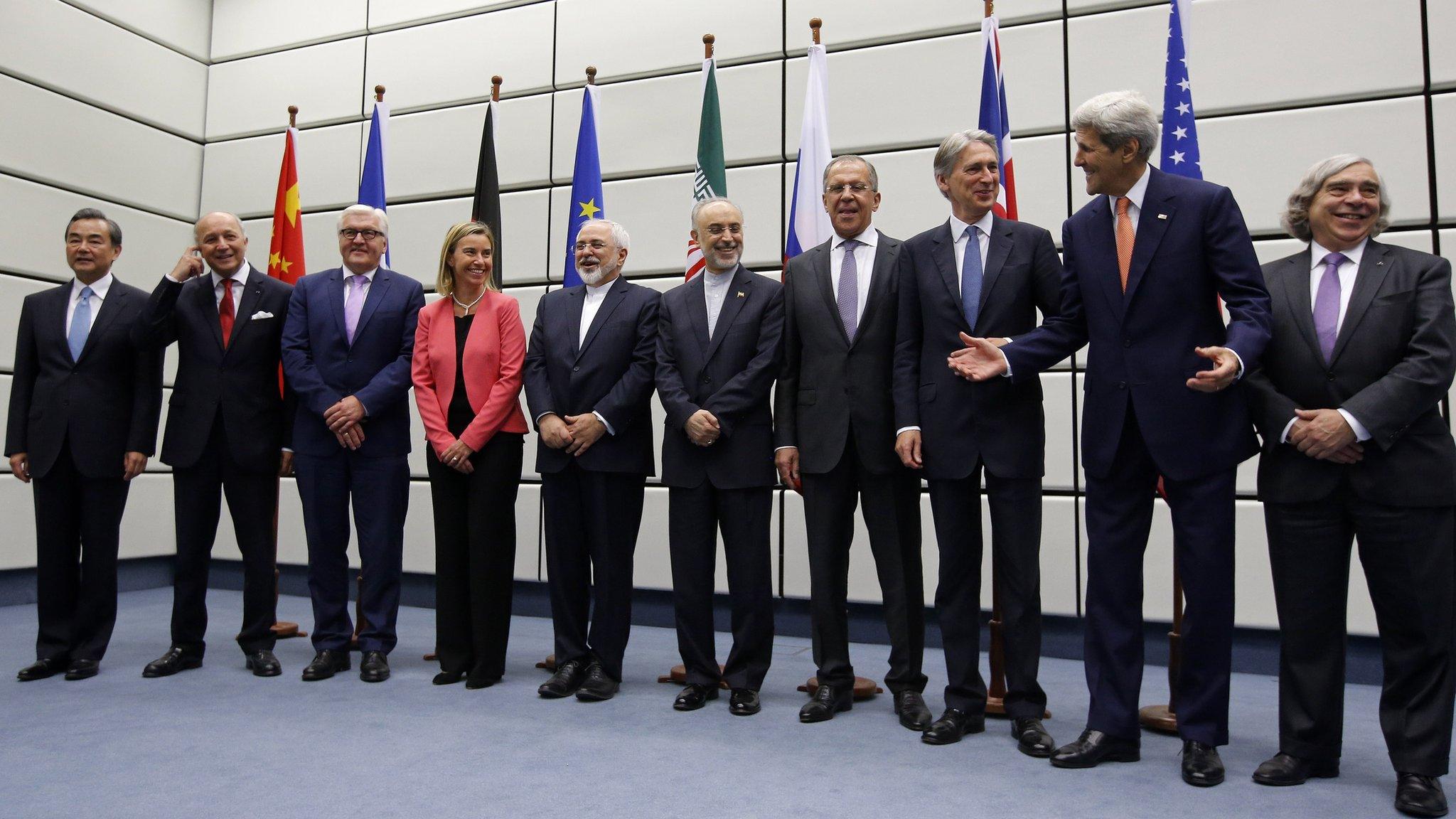Iran nuclear deal: US rejects EU plea for sanctions exemption
- Published
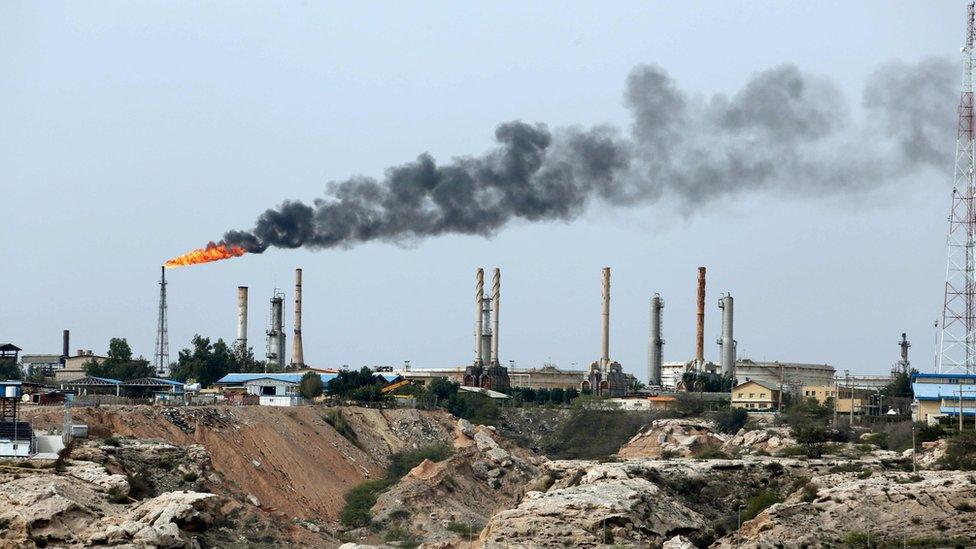
European companies have invested heavily in Iran's energy sector
The US has rejected pleas from the EU to grant exemptions to European firms from the sanctions on Iran that will start to be reinstated next month.
Secretary of State Mike Pompeo and Treasury Secretary Steven Mnuchin wrote in a letter that they wanted to exert "unprecedented" pressure on Tehran.
Waivers will only be given on national security or humanitarian grounds.
President Donald Trump ordered that the sanctions be re-imposed in May after abandoning a nuclear deal with Iran.
The UK, France and Germany - which were also parties to the 2015 accord, along with Russia and China - pledged to continue abiding by their commitments.
They said they would work on measures to counter the effects of the sanctions, but major European companies like Peugeot and Total have since cut back their involvement in Iran in order not to risk their business prospects in the US.
Iran has said it will stay in the deal if it still receives the economic benefits.
Why did the US abandon the nuclear deal?
The accord - former President Barack Obama's signature foreign policy achievement - saw Iran limit its nuclear activities in exchange for sanctions relief.
Mr Obama and his European allies insisted that it would prevent Iran from developing a nuclear weapon and that the world would be safer as a result.
What is the Iran nuclear deal?
But Mr Trump said it was a "horrible, one-sided deal, external that should have never, ever been made".
He declared that its so-called "sunset clauses" - under which the limits on Iran's nuclear programme will start to expire - were unacceptable; that it did not deal with Iran's ballistic missile programme; and that it failed to stop Iran's "malign behaviour" in neighbouring countries.
Mr Pompeo subsequently set out 12 requirements for a new nuclear accord with Iran, external and the lifting of US sanctions, including ending uranium enrichment and the development of ballistic missiles.
US vows 'unprecedented pressure on Iran'
The first tranche of US sanctions will take effect on 6 August. They will target Iran's automotive sector, trade in gold and in other key metals.
The remaining sanctions will snap back on 4 November, targeting Iran's energy sector and petroleum-based transactions, and transactions with the Central Bank of Iran.
What did the European powers request?
Some of Europe's biggest firms rushed to do business with Iran after the nuclear deal was implemented two-and-a-half years ago.
In 2017, EU exports to Iran (goods and services) totalled €10.8bn (£9.5bn; $12.9bn), and imports from Iran were worth €10.1bn.
Last month, ministers from the UK, France and Germany wrote a letter to Mr Pompeo and Mr Mnuchin, external saying that persevering with the existing nuclear deal was the "best basis on which to engage Iran" and address President Trump's concerns.
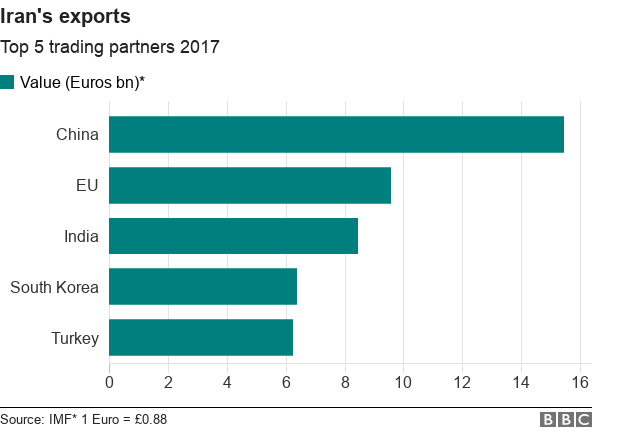
The ministers warned against taking actions that could prevent EU member states from continuing to abide by their commitments under the nuclear deal.
That included imposing "secondary sanctions" on European companies and individuals doing business in Iran, particularly those involved in the pharmaceutical, healthcare, energy, automotive, civil aviation and banking sectors.
How did the US officials respond?
Mr Pompeo and Mr Mnuchin formally rejected the request for exemptions in a letter to European ministers, external that was leaked to the media on Sunday night.
They wrote that the US intended to maintain sanctions on Iran until it saw a "tangible, demonstrable and sustained shift in the policies we have enumerated", officials told NBC News.
"We will seek to provide unprecedented financial pressure on the Iranian regime," they added, noting that they were "not in a position to make exceptions to this policy except in very specific circumstances".
US officials have also put pressure on other countries to stop importing Iranian crude oil from November, and urged Saudi Arabia to increase its exports to cover the loss and prevent major market disruption.
- Published18 May 2018
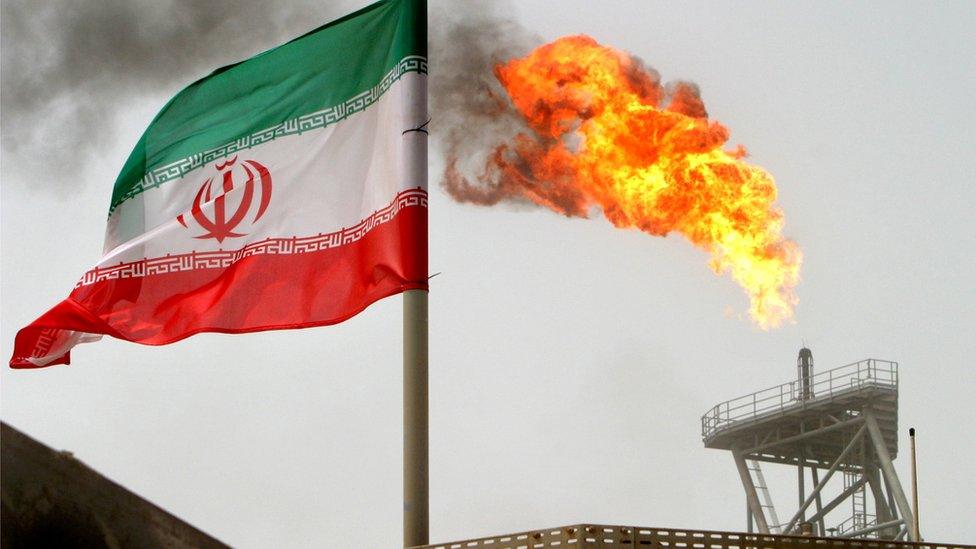
- Published17 May 2018
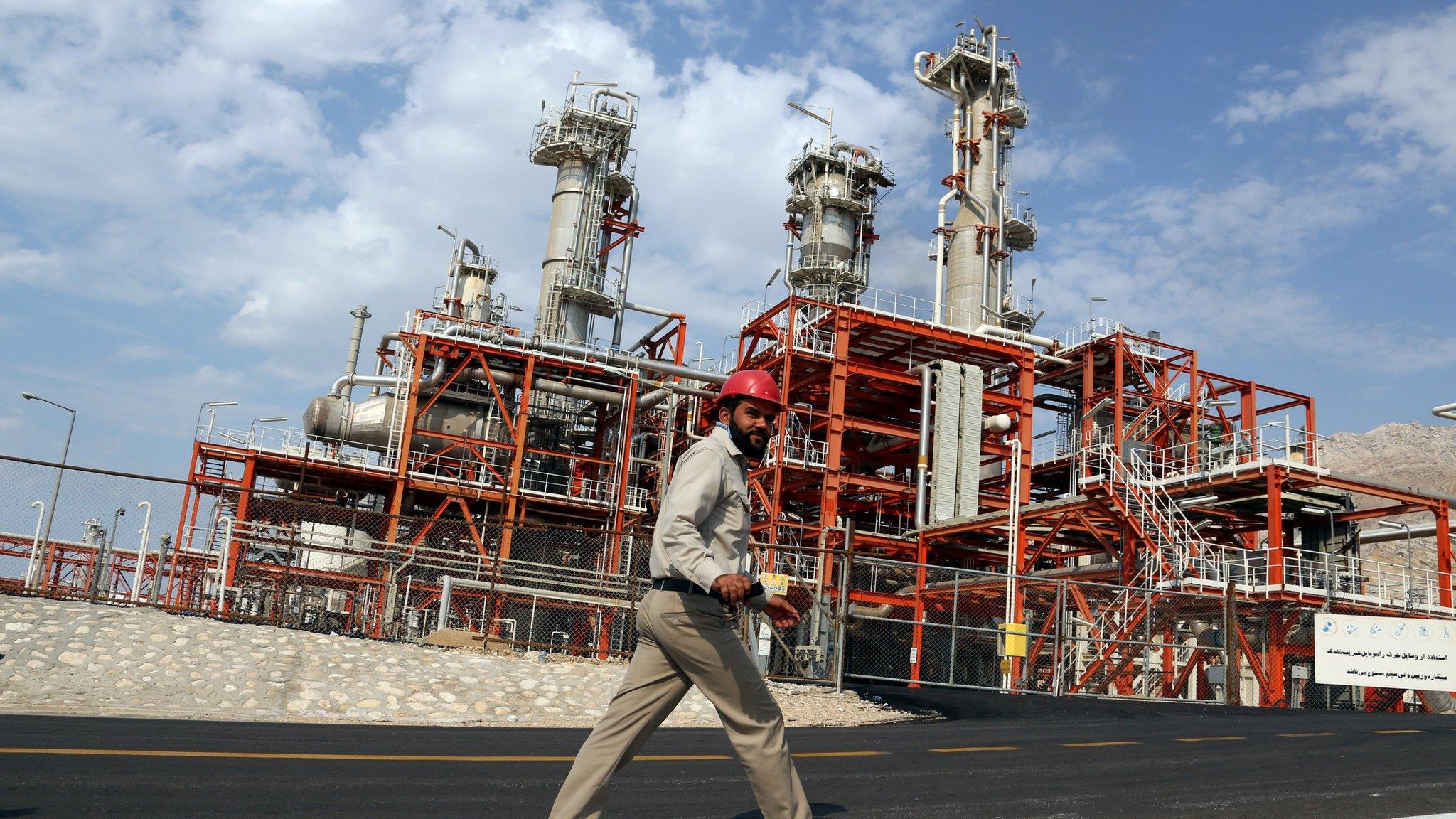
- Published11 May 2018
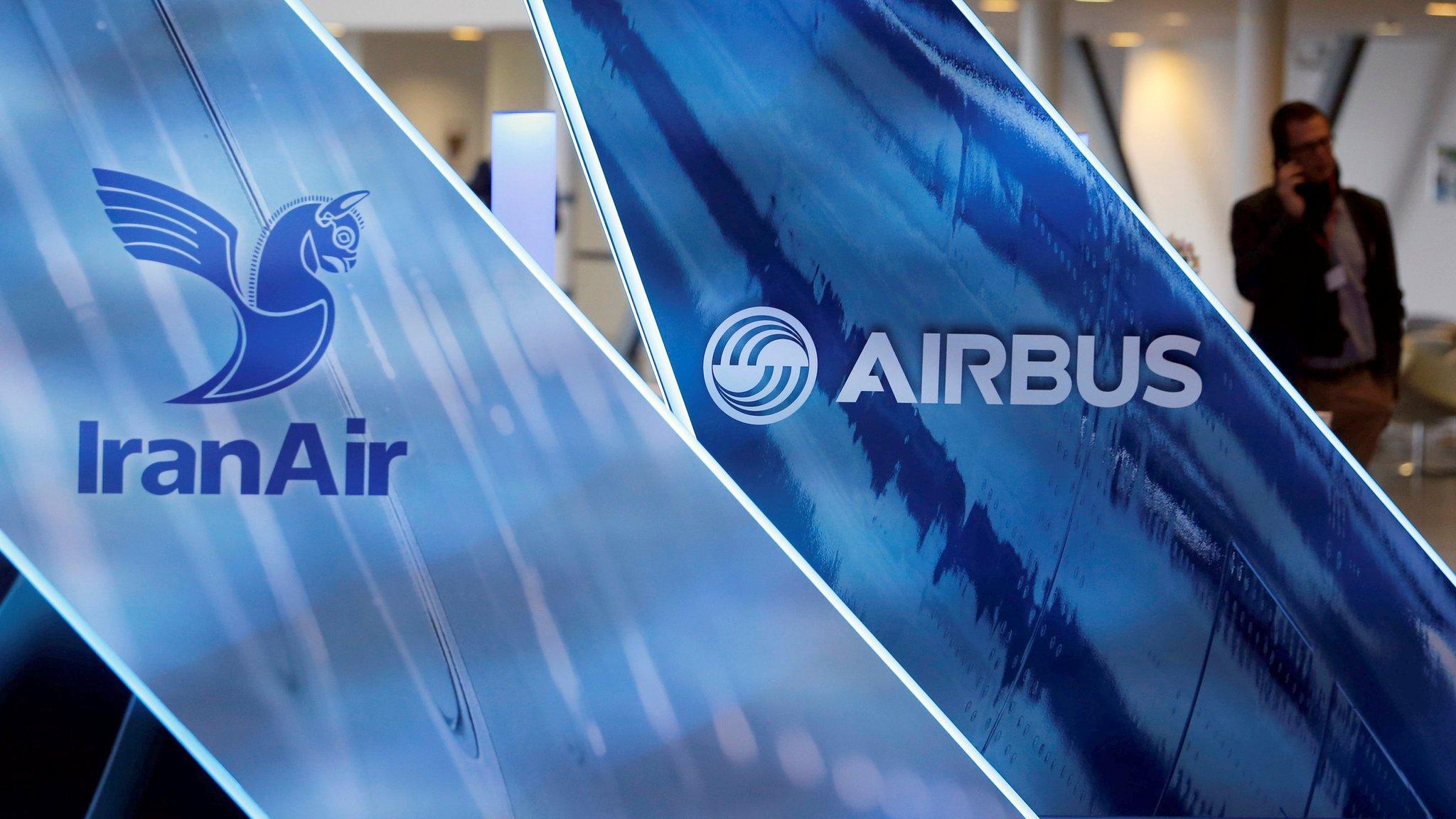
- Published10 May 2018
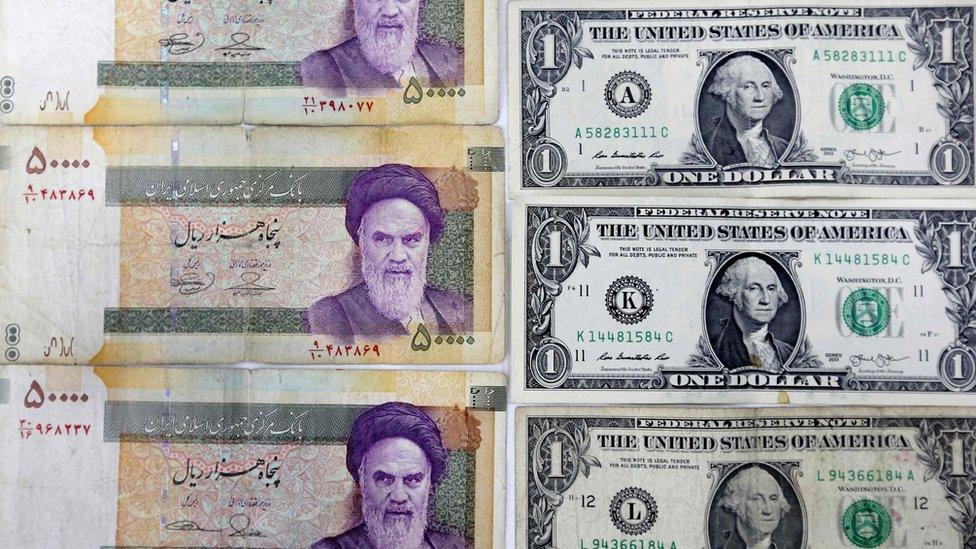
- Published23 November 2021
